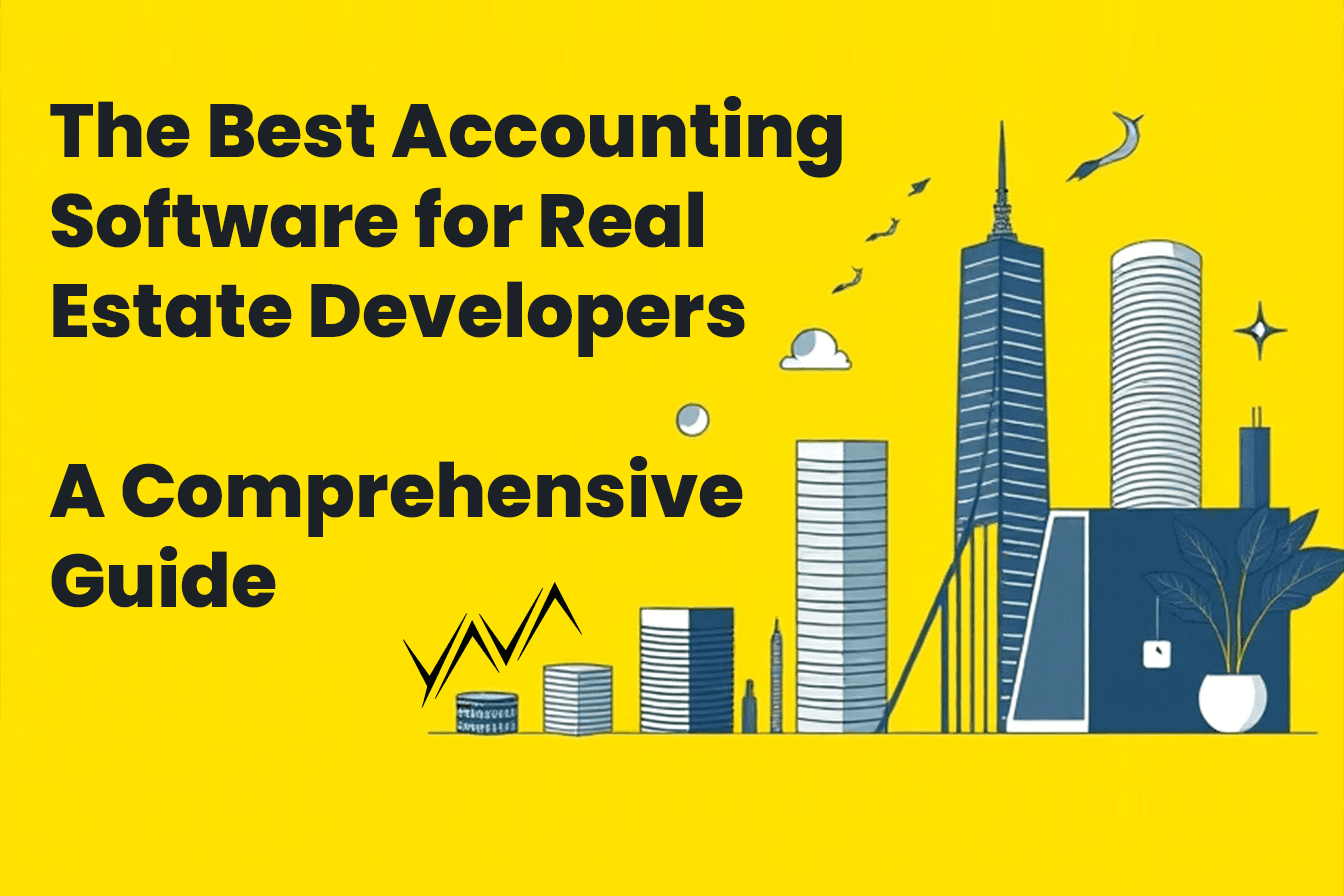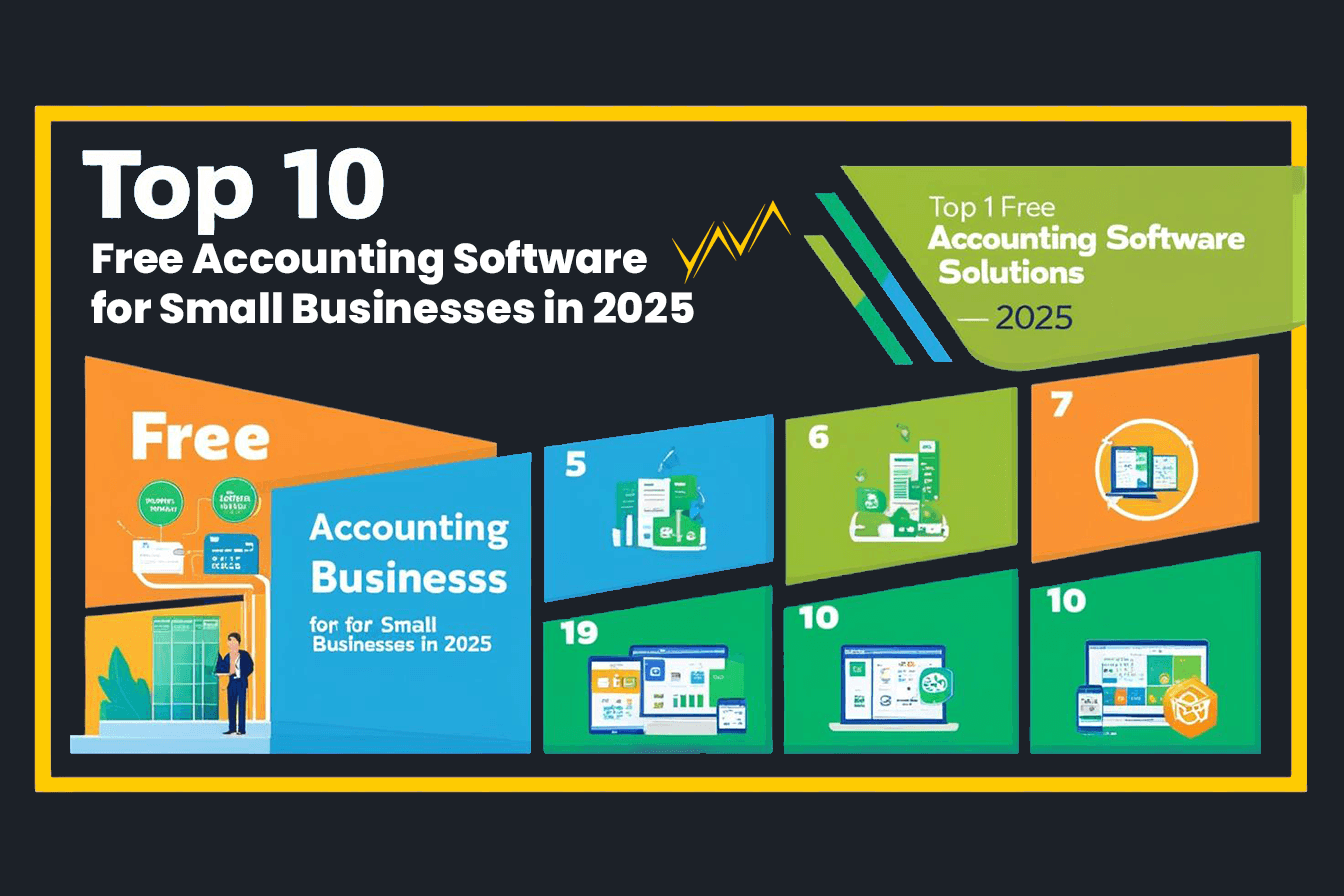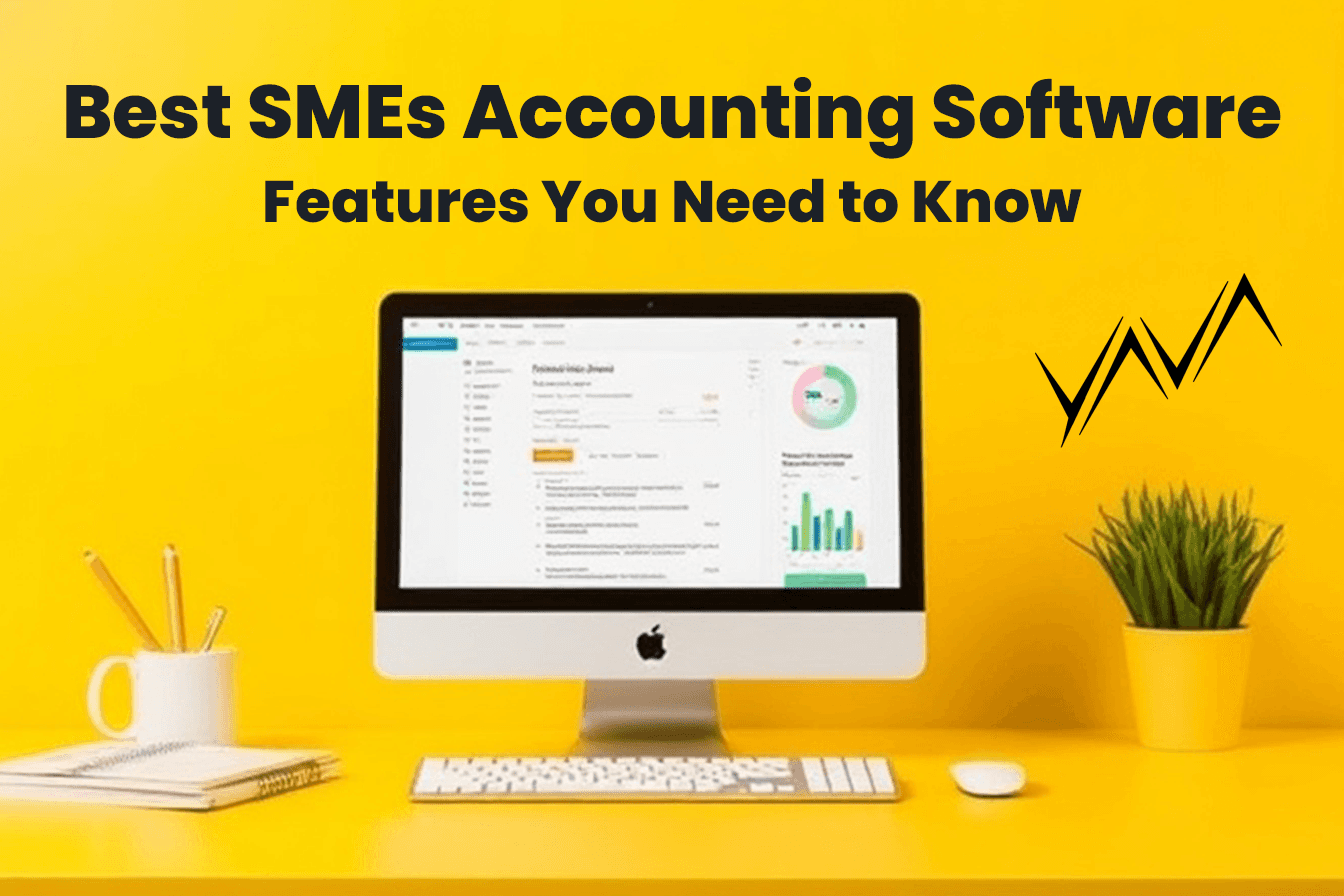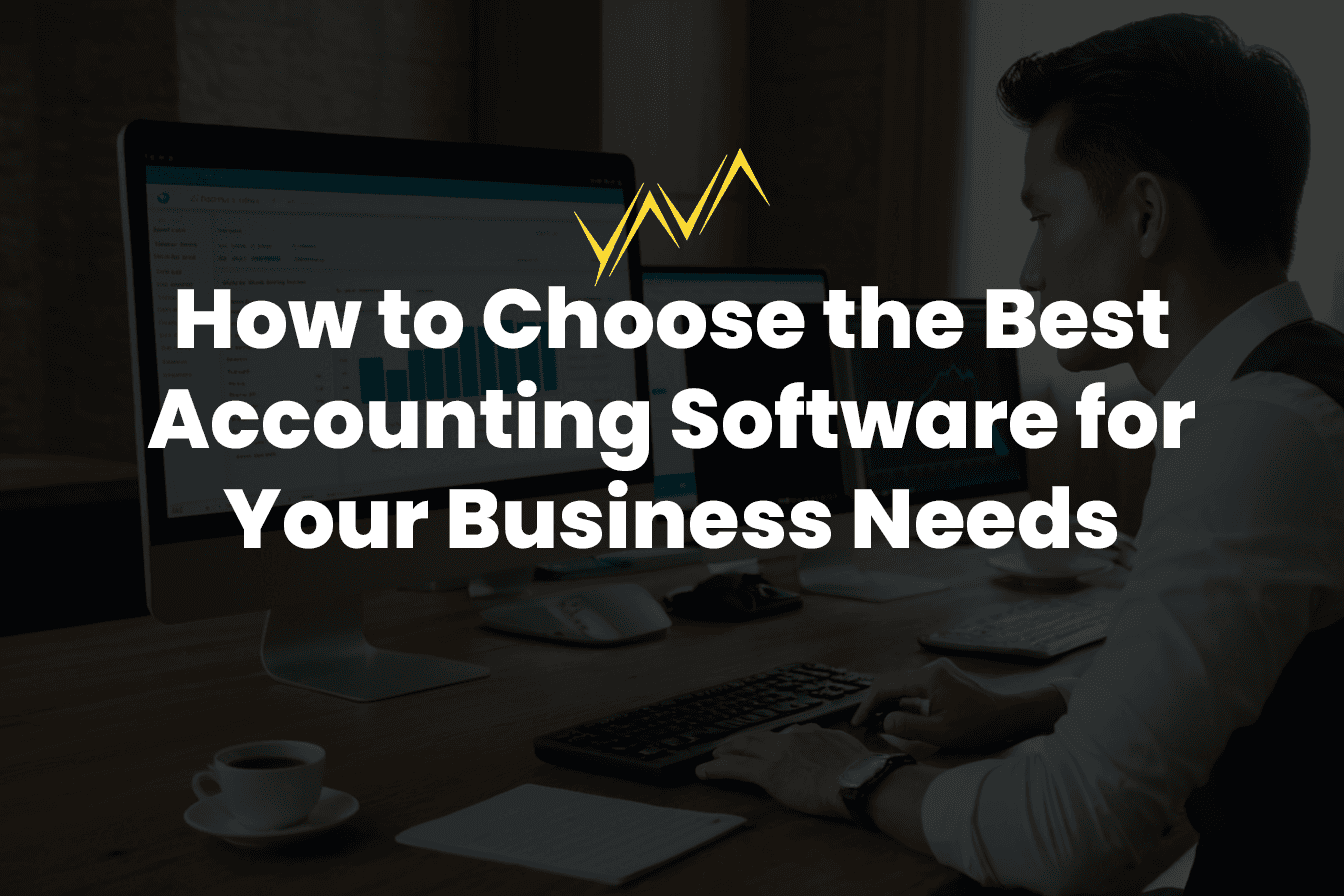Introduction:
Real estate developers need accounting software tailored to their industry. YavaBook’s customizable features make it a great choice, allowing you to track project costs, manage vendor payments, and handle multi-property portfolios. With real-time updates and detailed reporting, it simplifies financial management for developers. Choose a solution that understands the complexity of real estate accounting.
Challenges in Real Estate Accounting
Real estate accounting is more complex than standard business accounting due to:
Project-Based Accounting: Developers need to track expenses and revenues for individual projects or properties.
Vendor and Contractor Payments: Managing multiple contractors and vendors requires precise payment schedules and documentation.
Regulatory Compliance: Staying compliant with tax laws, such as GST in Singapore, is critical to avoiding penalties.
Cash Flow Management: Developers must maintain a clear view of cash inflows and outflows to ensure project success.
To address these challenges, specialized accounting software is essential. Explore How Free Accounting Software Can Save Your Small Business Time and Money for insights on saving resources with efficient tools.
Key Features to Look for in Real Estate Accounting Software
Project-Based Expense Tracking
Real estate developers must allocate expenses to specific properties or projects. The best accounting software allows you to:Categorize expenses by project.
Generate financial reports for individual properties.
YavaBook excels in providing real-time tracking for project-based expenses, ensuring transparency and accuracy.
Invoicing and Payment Management
Developers often deal with multiple clients, vendors, and contractors. Key features include:Customizable invoices for professional billing.
Automated payment reminders to avoid late payments.
Learn more about invoicing in Simplify Business Finances with Bookkeeping Accounting Software.
Regulatory Compliance
Staying compliant with local tax regulations, such as GST in Singapore, is critical. Tools like YavaBook offer GST-compliant invoicing and reporting, making them ideal for developers in highly regulated markets.Real-Time Financial Insights
Access to real-time financial data is crucial for decision-making:Monitor project budgets and profitability.
Identify cash flow trends across projects.
Explore Top Features to Look for in Small Business Accounting Software for more on financial insights.
Scalability
As your business grows, your software should scale with you. Look for solutions that can handle multiple projects and expand features as needed.
Why YavaBook Is Perfect for Real Estate Developers
YavaBook is a free, cloud-based accounting platform designed for small businesses and startups. It offers several features that make it ideal for real estate developers:
Expense Allocation: Easily track costs by project or property.
Customizable Invoices: Send professional invoices with your branding.
Real-Time Reports: Gain instant insights into your financial health.
Compliance Tools: Stay on top of tax regulations with built-in compliance features.
Learn more about its benefits in Why YavaBook Is the Best Free Accounting Software for Singaporean SMEs.
Comparison: YavaBook vs Paid Tools
While paid platforms like QuickBooks and Xero offer advanced features, free tools like YavaBook provide everything small to mid-sized developers need without the cost. For detailed comparisons, explore:
QuickBooks vs YavaBook: Which Accounting Software Should You Choose?
Xero Accounting vs Free Alternatives: Are Paid Tools Worth It?
Real-Life Use Case: A Developer’s Success Story
A small real estate development company managing three ongoing projects struggled with manual bookkeeping. Switching to YavaBook allowed them to:
Allocate expenses to each project, gaining clarity on costs and profitability.
Automate invoicing for clients and vendors, reducing late payments.
Generate monthly reports for investors with just a few clicks.
The result? Significant time savings and improved financial transparency.
Tips for Maximizing Your Accounting Software
To get the most out of your accounting tool:
Regularly Update Financial Data: Keep your records accurate and up to date.
Leverage Reporting Features: Use real-time insights to guide decision-making.
Train Your Team: Ensure everyone involved in financial management knows how to use the software.
If you’re new to accounting software, check out How to Download and Set Up Free Accounting Software in 5 Easy Steps.
Conclusion
Real estate developers need specialized tools to manage their complex financial processes. With features like project-based tracking, customizable invoicing, and real-time reporting, YavaBook provides everything you need—at no cost.
Ready to streamline your real estate finances? Sign up for YavaBook today and experience the difference that intuitive, free accounting software can make.
Article by
Webb Poh
CEO and Founder
Published on
Jun 24, 2024




